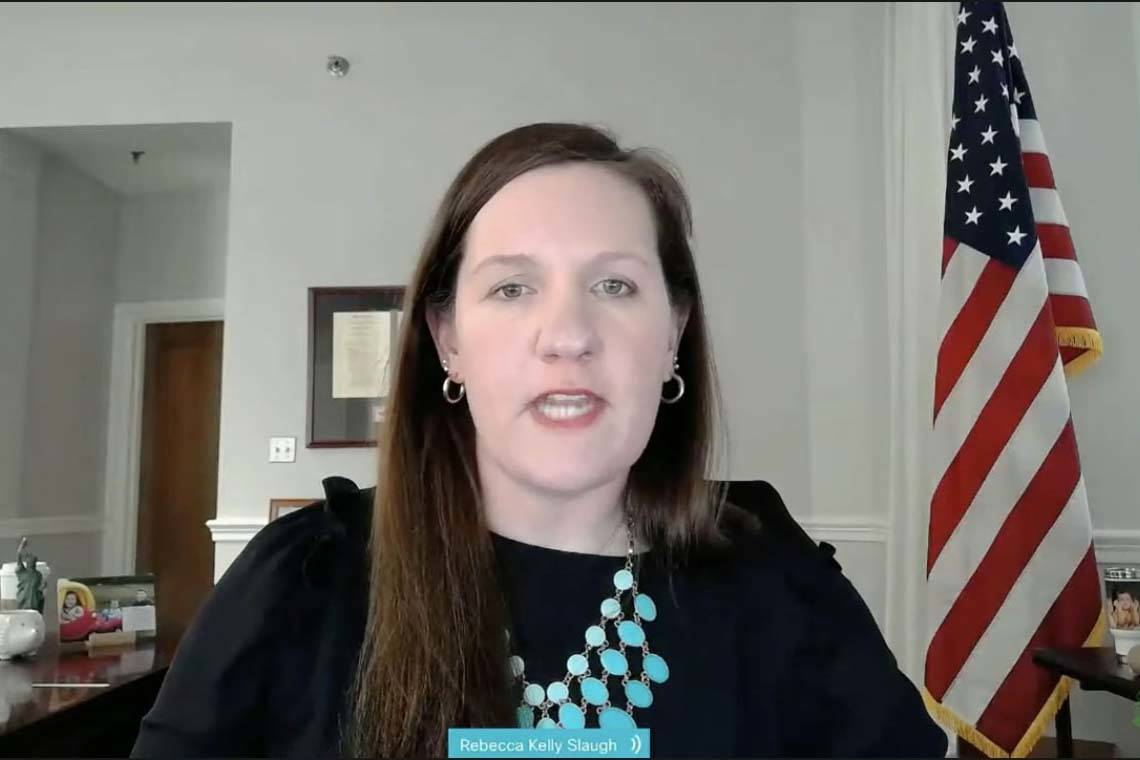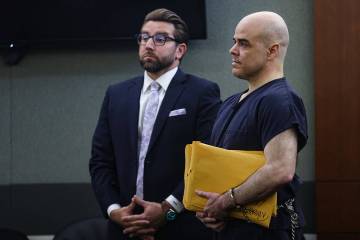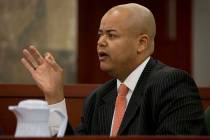Las Vegas attorney happy with outcome in FTC payday loan case
The Las Vegas attorney who successfully defended a race car driver in a case before the nation’s highest court said he’s pleased with the unanimous ruling that will curb the Federal Trade Commission’s authority to recover ill-gotten gains for cheated consumers.
But the federal regulatory agency isn’t happy about the ruling and warns that it will deprive the FTC of its strongest enforcement tool.
On Tuesday, the FTC’s acting chairwoman called on Congress to explicitly allow the agency to revive its authority to recoup money for cheated consumers.
The call for action comes just days after a unanimous Supreme Court sided with a professional race car driver, Scott Tucker, who was convicted of cheating consumers through his payday loan businesses. The 9-0 ruling overturns a nearly $1.3 billion award against Tucker.
The high court’s ruling takes away what the FTC has called “one of its most important and effective enforcement tools,” used in recouping billions of dollars over the past decade.
Attorney Paul Ray, of Las Vegas-based Paul C. Ray, Chtd., told the Review-Journal in an interview Tuesday that the ruling is welcome news.
“We were pleased with the ruling,” Ray told the Review-Journal in an interview Tuesday. “We’re very happy about it, and we like the ruling because it follows the statute.”
The FTC accused Tucker, of Leawood, Kansas, of using his payday loan companies to deceive consumers across the United States and illegally charge them undisclosed and inflated fees.
As the Review-Journal previously reported, the FTC filed its second complaint against a payday lender in 2012 in Nevada federal court because six companies out of 17 defendants have Las Vegas or Henderson addresses.
Tucker is a former American Le Mans Series champion who, according to prosecutors, used proceeds from the lending business to finance a professional auto racing team. The case centered on Section 13(b) of the FTC Act, which the federal regulatory agency used to extract billions of dollars in monetary awards from companies.
Ray said he’s glad that the justices unanimously agreed that the FTC overstepped its authority. The ruling, he said, provides clarity of the statute.
“What was happening was that if the FTC received a complaint about a business’ practices and somebody said it was fraudulent, rather than go through their statutory process that was required, they had been using this to collect money for consumers,” he said. “The statute was really designed to just stop a practice, not bankrupt the company. And there are a number of companies that did go bankrupt from this use of the statute where it was being used to get massive judgments.”
“The good thing for businesses is that there is a clarity to how it’s supposed to be done,” Ray added.
FTC calls on Congress
Justice Stephen Breyer wrote in his opinion for the court that the provision of federal law that the FTC has relied on does not authorize the commission to seek, or a federal court to order, restitution or disgorgement of profits.
But Breyer noted that other parts of the Federal Trade Commission Act could be used to obtain restitution for consumers who have been cheated. “If the Commission believes that authority too cumbersome or otherwise inadequate, it is, of course, free to ask Congress to grant it further remedial authority. Indeed, the Commission has recently asked Congress for that very authority.”
On Tuesday, days after the Supreme Court’s ruling, acting FTC chairwoman Rebecca Kelly Slaughter urged congressional lawmakers to pass legislation that would allow the agency’s ability to recover money for cheated consumers.
Last week’s ruling threatens 24 active FTC federal court cases that “rely exclusively” on the statute for monetary remedies, Slaughter said. It represents $2.4 billion that the FTC believes should be returned to injured consumers.
U.S. Rep. Tony Cardenas, D-Calif., introduced the Consumer Protection and Recovery Act last week that would explicitly confirm the FTC’s ability to seek permanent injunctions and other equitable relief.
“I cannot emphasize enough the importance of quick congressional action on this legislation,” Slaughter, a Democrat, said in her opening remarks Tuesday before a House Energy and Commerce Subcommittee on Consumer Protection and Commerce subcommittee. “The Supreme Court’s ruling eliminates the commission’s primary and best tool to seek monetary remedies when a company violates the FTC.”
The statutory rule, she said, has been used for the past 40 years by the FTC. The rule has been used to stop and recover money in a wide variety of cases, including telemarketing fraud, data security and privacy, scams that target seniors and veterans and deceptive business practices.
Slaughter said Tuesday several high-profile cases saw monetary remedies — including Volkswagen’s $9.5 billion settlement to resolve its clean diesel emissions scandal, $200 million Herbalife settlement, and Amazon’s $61.7 million settlement to resolve allegations of withholding tips from Flex drivers — were made possible “solely through our now-defunct 13(b)” authority.
Contact Jonathan Ng at jng@reviewjournal.com. Follow @ByJonathanNg on Twitter. The Associated Press contributed to this report.






















